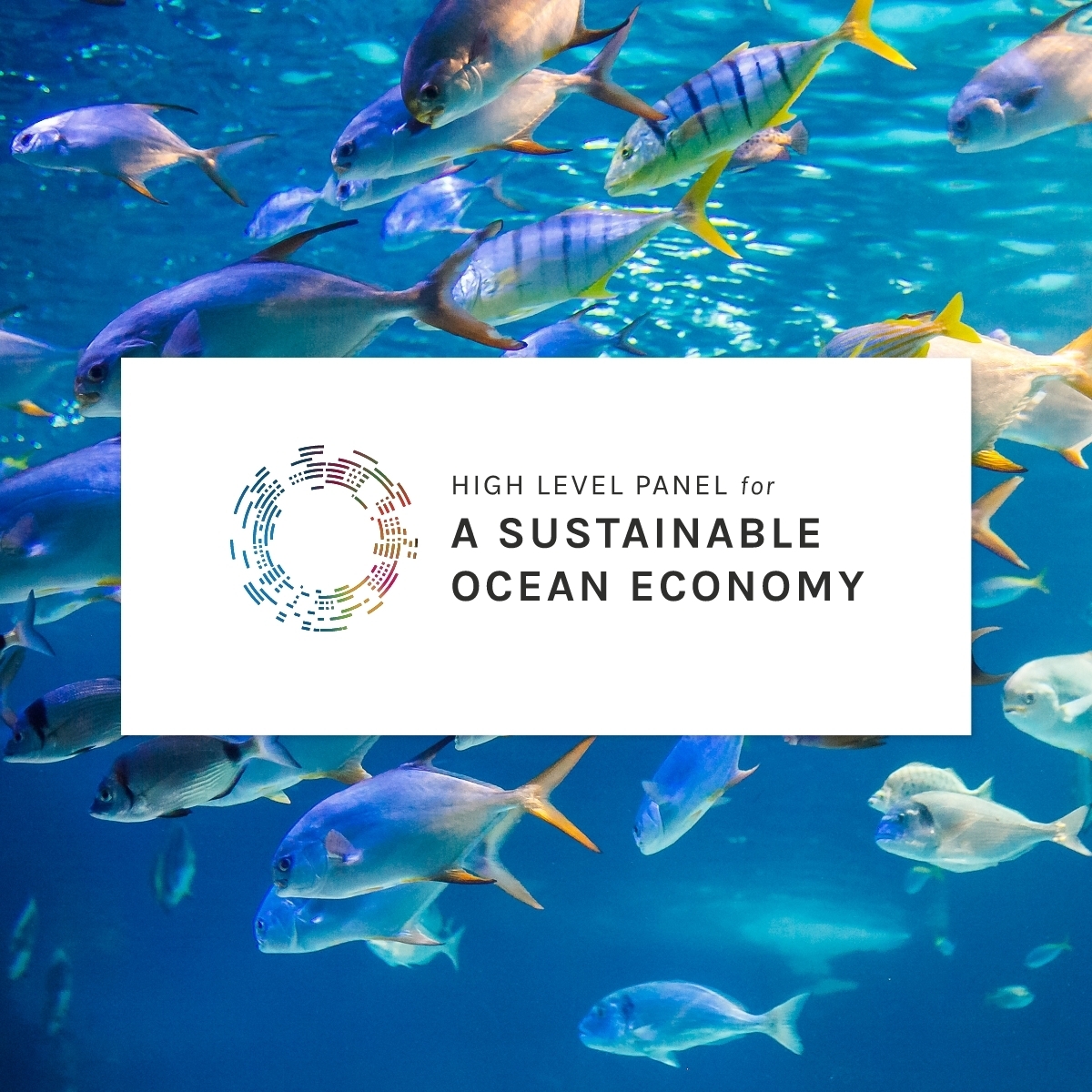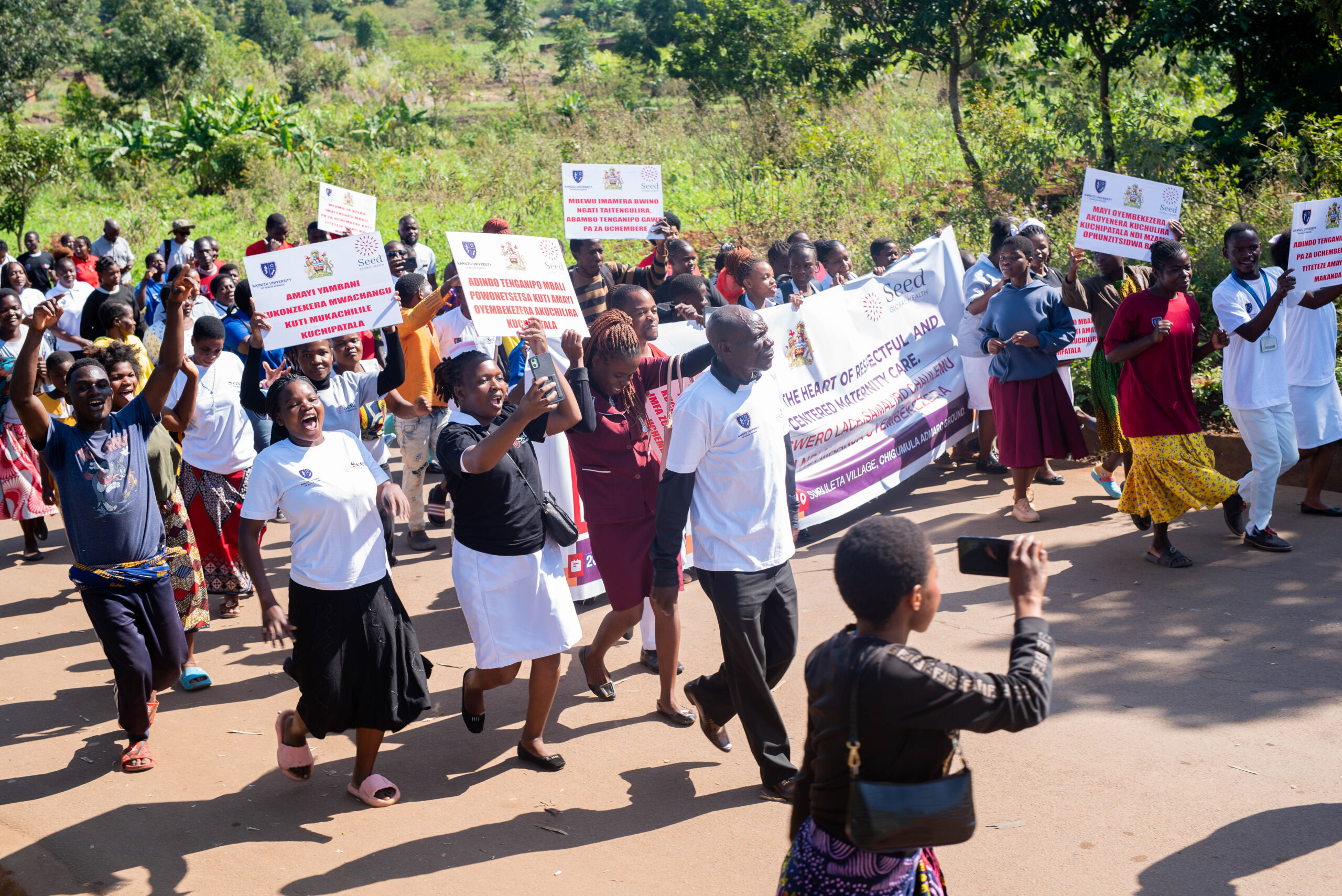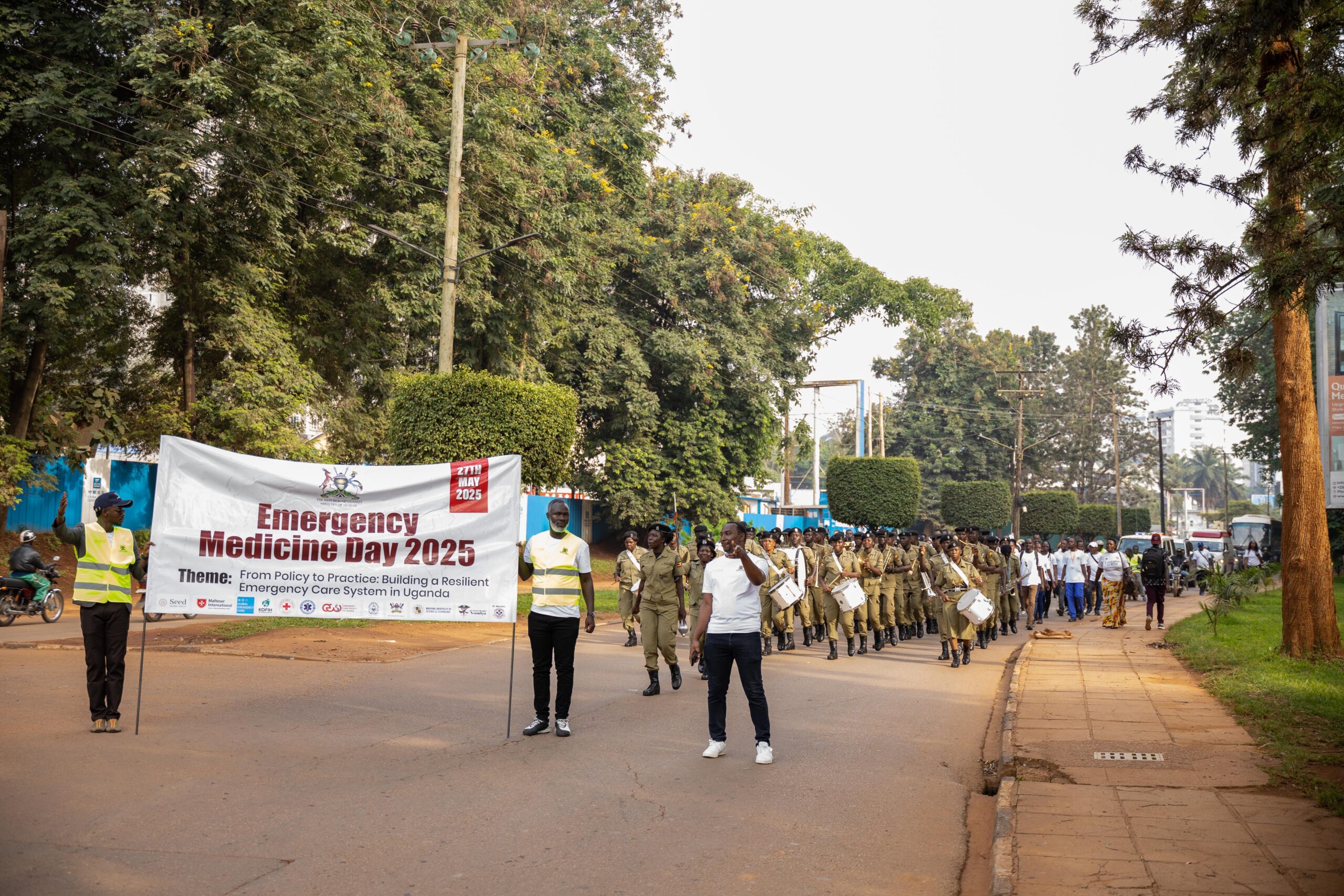
Dr. Vanessa Kerry’s keynote speech at the launch of the Ocean Panel blue paper
Our CEO delivered an inspiring call for protecting both ocean health and human health at the UN Oceans Decade Conference.
Dr. Vanessa Kerry
April 11, 2024
REMARKS AS DELIVERED
It is an honor to be invited to speak at the UN Ocean Decade Conference. I wish I could be there in person with all of you.
Colleagues, we are standing at the edge of protecting our future, or not. Our planet and all of its unique and precious pieces are in peril because of climate change.
To paraphrase Doctor Tedros, director general of the World Health Organization, if our planet was a patient, it would be on life support.
Centuries of relentless, polluting and inaction have led to this moment.
We have systematically poisoned our land and our oceans, and as a result, people are dying daily.
The impacts of climate change mean we are losing precious progress made over recent decades to alleviate poverty and improve health.
Climate induced storms and flooding are taking lives and destroying infrastructure. Disease outbreaks are drawing resources and funding away from essential health services, such as routine immunizations and preventative care.
The most worrying thing, we do not yet know the full impact of our actions, nor what we may have lost in terms of biodiversity.
What we do know is that the health of humans, animals, our environment, our oceans are deeply intertwined, and all are imperilled.
Yet, we should not be tracking our progress on climate change and degrees Celsius averted, but rather in lives and livelihoods saved, including those lives reliant on the health of our oceans.
We know a healthy ocean is essential to our human health. We know the oceans feed 40% of the world’s population. We know that more than 3 billion people worldwide are reliant on the oceans for their livelihoods. And we know that the oceans absorb 90% of the Earth’s excess heat and 30% of atmospheric carbon dioxide.
Yet, we are threatening this daily.
Projections suggests that without aggressive action, we are on track for 2.9°C rise by the century’s end.
Passing a point of no return for our oceans, and the impact on all of us will be profound.
To protect the oceans and to save lives and livelihoods everywhere, we will need to continue to build on the steps of progress made.
For example, the agreement on fossil fuel to COP28 was historic to acknowledge their role in driving the negative impacts of climate change we see today. We must now continue the fight to phase out fossil fuels and ensure just transition.
We must bring evidence, strong leadership, common sense to compel our decisions.
The good news is we know what the solutions are.
First, we must urgently reduce the greenhouse gas emissions that are killing us. Air pollution from fossil fuel use alone accounts for over 5 million extra deaths a year around the world, almost as many as we’ve seen from the entire COVID pandemic. And greenhouse gases are driving the extreme changes accelerating today, worsening a situation.
Second, we must unlock more financing and ensure it quickly gets to the communities who need it most to build adaptation and resilience against climate change. According to the UN, more than $366 billion per year is needed to meet the adaptation and resilience challenges from climate change already happening.
To help close this funding gap, public and private sectors need to realize that investing in adaptation and resilience is a cost of protecting and doing business and protecting our security.
For every dollar invested in adaptation and resilience $7 can be saved in loss and damages. And we need to recognize that the communities proximal to the contextual impacts are best poised to know the most impactful and effective solutions so that money goes farther, more sustainably, and more effectively to meet the challenges of today.
Third, we need to change our thinking from short term, expedient decisions focused on shareholder value alone or getting re-elected to doing good while doing well.
We can protect our human experience when we are supposedly working towards daily and our wellbeing, while still meeting our public and private mandates.
We can invest in bringing forth the evidence base and the integrated and rapid feedback loops that show that investing in health in a cleaner environment can improve our bottom line, as well as our quality of life. The health sector alone is poised to demonstrate this cost savings.
The health sector emits 5% of the world’s greenhouse gases, 10% in more industrialized countries, more than the airline industry. Yet, investments that reduce emissions and increase health services can markedly decrease contributions to greenhouse gases and our climate change, while also protecting patients’ health.
And finally, we must all be advocates for change.

